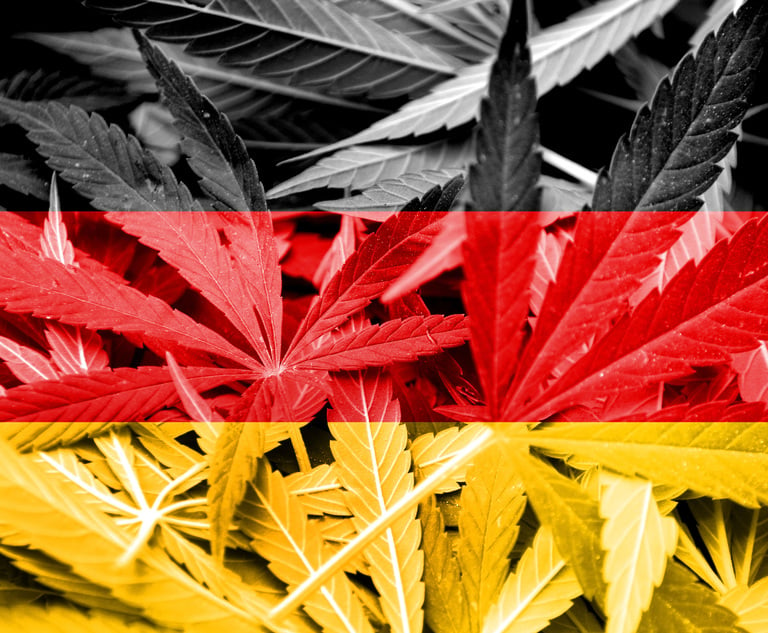 Germany's new Cannabis Act ("CanG") decriminalizes the plant, permits citizens to grow it at home, and establishes a legal stage for cultivation, social clubs and associations. (Credit: promesaartstudio/Adobe Stock)
Germany's new Cannabis Act ("CanG") decriminalizes the plant, permits citizens to grow it at home, and establishes a legal stage for cultivation, social clubs and associations. (Credit: promesaartstudio/Adobe Stock)
As the move to legalize recreational and medical marijuana use continues to spread globally, insurance professionals are keeping their fingers on that industry's proverbial pulse to understand the impact of various legalization initiatives on the insurance industry as a whole as well as health care in particular, with regard to both the risks and coverage needs that stem from legal weed.
Recommended For You
Want to continue reading?
Become a Free PropertyCasualty360 Digital Reader
Your access to unlimited PropertyCasualty360 content isn’t changing.
Once you are an ALM digital member, you’ll receive:
- Breaking insurance news and analysis, on-site and via our newsletters and custom alerts
- Weekly Insurance Speak podcast featuring exclusive interviews with industry leaders
- Educational webcasts, white papers, and ebooks from industry thought leaders
- Critical converage of the employee benefits and financial advisory markets on our other ALM sites, BenefitsPRO and ThinkAdvisor
Already have an account? Sign In Now
© Touchpoint Markets, All Rights Reserved. Request academic re-use from www.copyright.com. All other uses, submit a request to [email protected]. For more inforrmation visit Asset & Logo Licensing.








